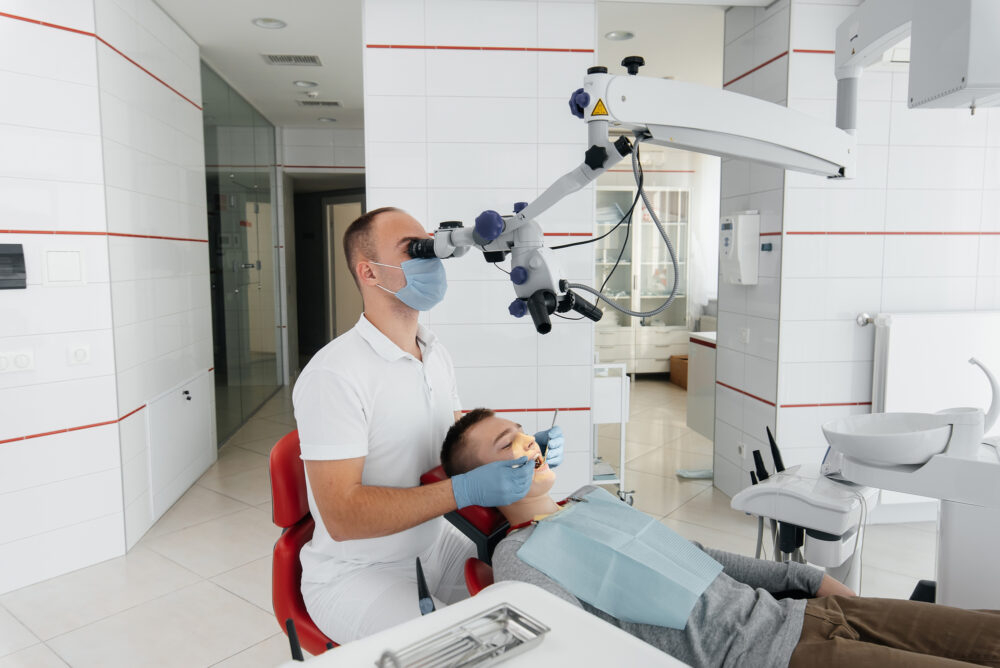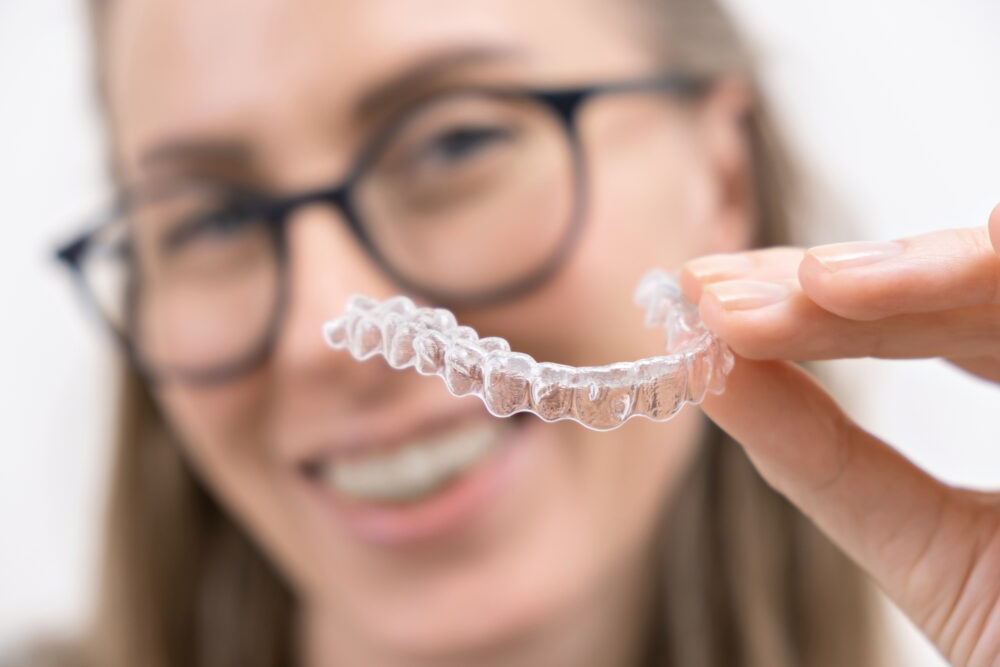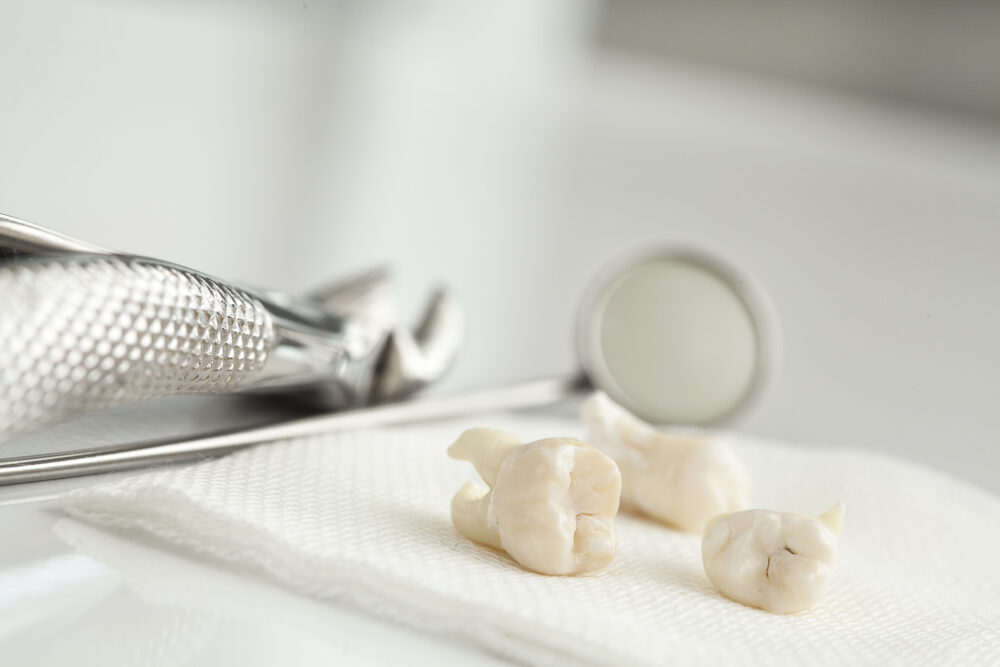How Offering Dental Implants Can Future-Proof Your Clinic
In today’s competitive dental landscape, clinics must evolve beyond traditional procedures to meet the changing demands of modern patients. One of the most effective ways to achieve this evolution is by offering dental implants. These advanced restorations not only improve patients’ quality of life but also serve as a smart business move with a significant return of investment. As more people seek long-lasting and aesthetic solutions to tooth loss, clinics that integrate implantology into their services are better positioned for long-term growth, patient loyalty, and financial stability.
The Growing Demand for Dental Implants
Tooth loss is still a widespread issue despite advances in oral health awareness. Aging populations, accidents, periodontal diseases, and poor oral hygiene habits contribute to a large number of patients requiring tooth replacement. Unlike traditional bridges or dentures, dental implants provide a permanent, functional, and natural-looking alternative. This preference has led to a surge in demand worldwide.
For dental clinics, this trend represents a valuable opportunity. By offering implant services, clinics can tap into a high-growth segment that continues to expand. In fact, global dental implant markets are projected to grow significantly in the coming years, driven by technological advancements, affordability through financing, and increasing public awareness of the benefits.
Future-Proofing with High-Value Services
To future-proof your clinic, it’s essential to offer services that not only respond to current patient needs but also remain relevant as those needs evolve. Dental implants check all these boxes. Unlike basic cleanings and fillings, implantology is a specialized, skill-intensive service that differentiates your clinic from general practices.
This specialization adds credibility to your clinic, attracts patients willing to invest in premium care, and positions your practice as a leader in restorative dentistry. Patients often research extensively before selecting an implant provider, so being able to offer this service increases your appeal and authority in the market.
The Return of Investment in Dental Implants
Let’s talk numbers. While the initial investment in training, equipment, and marketing for dental implants may seem significant, the return of investment makes it worthwhile. A single dental implant case can generate several thousand dollars in revenue, depending on complexity and case requirements. Compared to routine services, implants deliver much higher margins.
Beyond the procedure itself, implant cases often lead to additional revenue opportunities: diagnostic imaging, bone grafting, follow-up visits, custom restorations, and even referrals. These layers of care contribute to the overall profitability of each patient case.
Moreover, offering implants enhances patient retention. A satisfied implant patient is more likely to return for regular checkups, cosmetic enhancements, and oral hygiene treatments. They also become ambassadors for your brand—sharing their experience with friends, family, and online communities, which further drives new patient acquisition.
Standing Out in a Crowded Market
With dental clinics increasing in number, differentiation is key to survival and growth. By offering high-end services like dental implants, your clinic becomes a destination for patients seeking advanced care. Patients who might otherwise travel to a major city or abroad for implant services may now choose your clinic for the convenience and quality.
Having a reputation for delivering successful implant outcomes elevates your brand. This enhanced perception helps your clinic weather economic changes, insurance disruptions, and market fluctuations. In other words, it makes your business more resilient and adaptable—two core principles of future-proofing.
Enhancing Operational Efficiency
Offering dental implants can also improve operational efficiency. With proper planning and technology integration, clinics can streamline the implant process from consultation to final placement. Tools like digital scanners, 3D imaging, and guided surgery software reduce chair time, increase precision, and minimize complications. The result is a smoother experience for both patient and provider.
Incorporating implantology also encourages team development. Staff members gain specialized knowledge and skills, creating a stronger, more confident clinical team. This expertise improves case acceptance rates and leads to a more productive workflow.
Investing in Training and Technology
To succeed in implantology, ongoing investment in education and technology is essential. Continuous learning ensures your clinic stays updated with the latest materials, techniques, and regulations. This not only enhances treatment outcomes but also protects your clinic against legal or ethical complications.
Likewise, adopting cutting-edge tools can make a dramatic difference. Technologies such as CAD/CAM, cone beam CT, and 3D printers allow clinics to offer faster, more accurate, and more personalized care. These investments, although initially costly, contribute to your clinic’s long-term value and operational efficiency, boosting the overall return of investment.
A Strategic Move for Sustainable Growth
Incorporating dental implants into your clinic’s offerings is more than a clinical decision—it’s a strategic business move that future-proofs your practice. It delivers a strong return of investment, enhances your reputation, and attracts high-value patients. As dentistry becomes more patient-centered and technology-driven, implantology offers a pathway to growth that aligns with both clinical excellence and business sustainability.
Now is the time to embrace this evolution. Whether you’re a solo practitioner or part of a group practice, investing in dental implants is investing in the future of your clinic.






























 Much of the Indian business law is based on the English common law. As a matter of fact, various legislations introduced by the Brits are still being enforced in a modified form until now. The country’s legal history can be traced
Much of the Indian business law is based on the English common law. As a matter of fact, various legislations introduced by the Brits are still being enforced in a modified form until now. The country’s legal history can be traced 